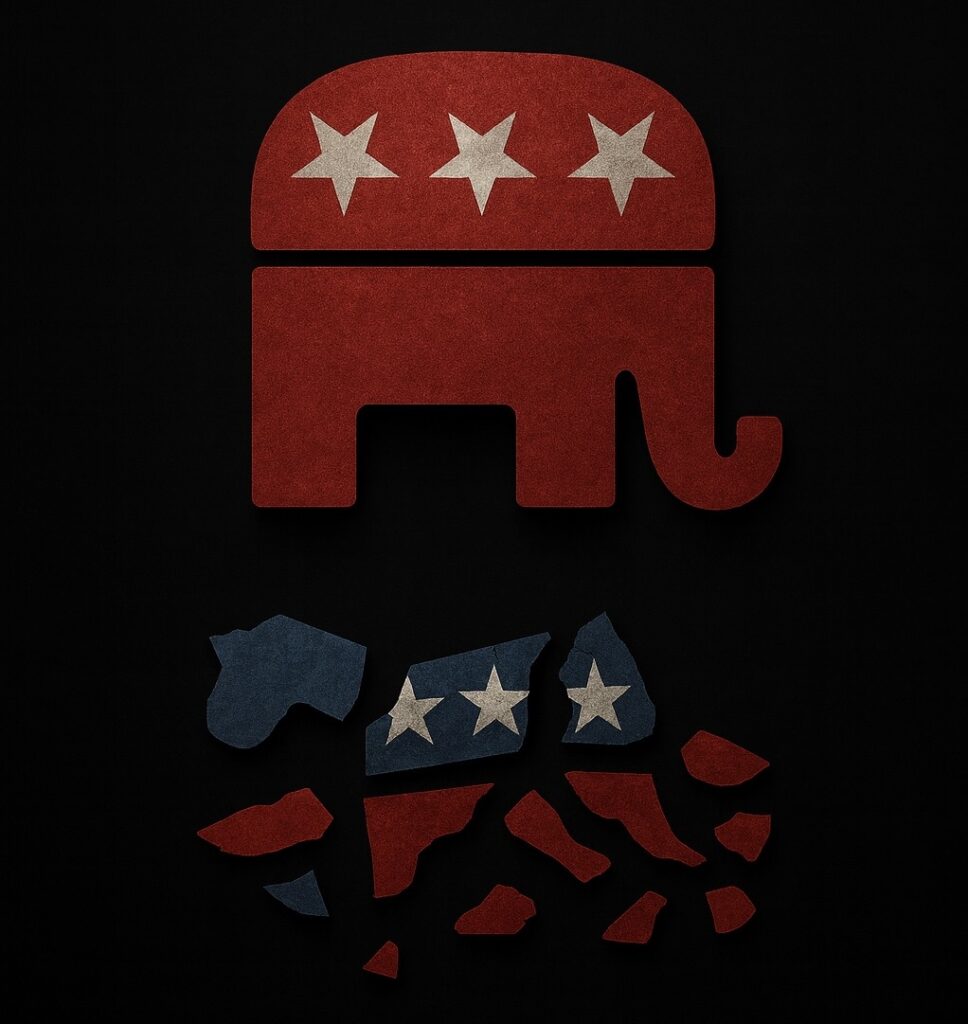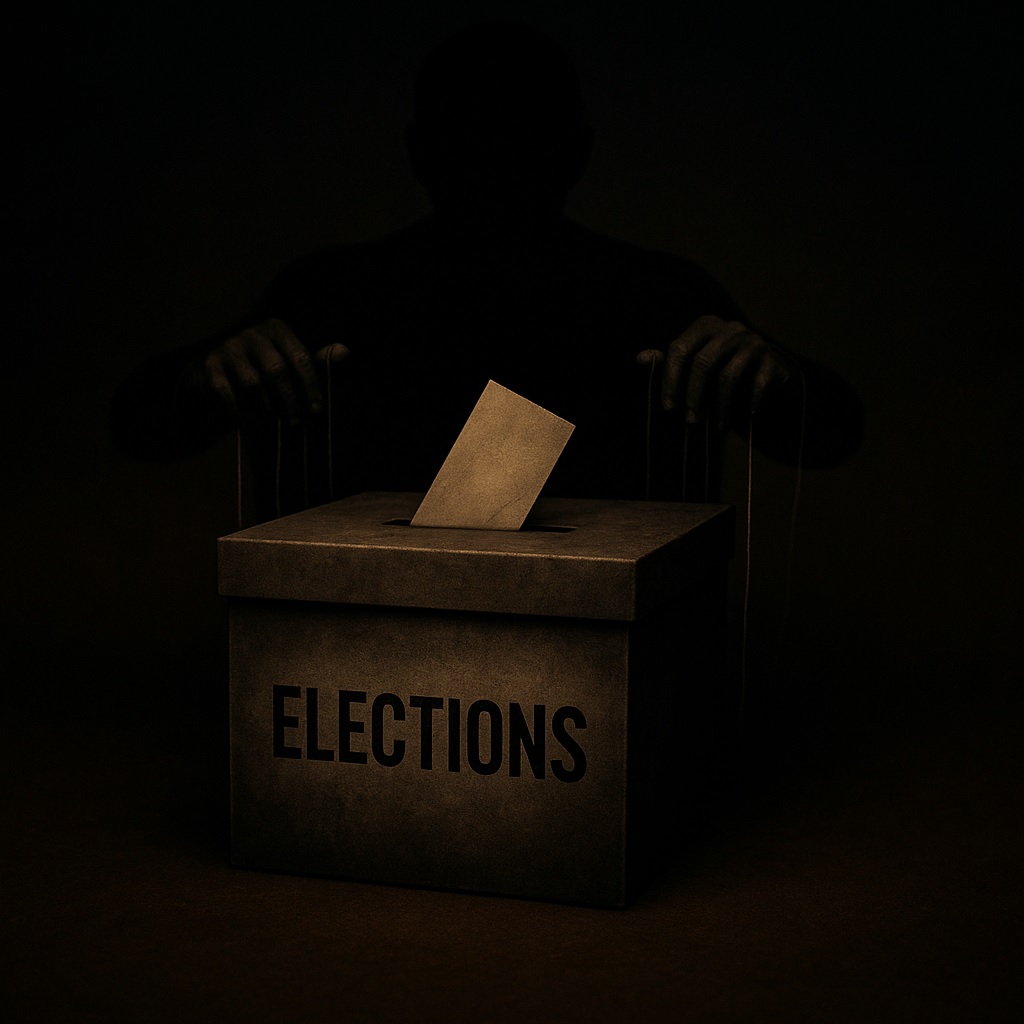Introduction: Love Him or Hate Him
Love him or hate him, one truth is undeniable: Donald J. Trump is the most consequential political figure of modern history—and perhaps of all history. No other leader in our time has altered the course of nations, shifted the global conversation, and forced the world to confront the choice between freedom and tyranny as decisively as Trump.
He is flawed. He has made mistakes. He is brash, controversial, and often polarizing. Yet it is precisely these qualities, combined with his patriotism and unrelenting will, that make him unique. Trump is not just another politician; he is a builder, a fighter, and a man who stands at the frontlines of history at a moment when humanity itself is on the brink.
Globalists, communists, and dictators are pressing to crush free speech, erase sovereignty, and impose a globalized dictatorship of conformity and control. At this crossroads, Trump is the figure refusing to bow. He believes freedom does not mean chaos—it requires strength, leadership, and, sometimes, controversy.
His Roots and Rise
Trump’s story begins not in politics but in construction. His grandfather Friedrich, a Bavarian immigrant, built his fortune running hotels and boarding houses during the Klondike Gold Rush. His father, Fred Trump, was one of America’s great homebuilders, creating thousands of houses for working families and World War II veterans.
Donald inherited more than a business—he inherited the builder’s instinct: measure twice, cut once, see the finished project before the foundation is poured. From those roots, Trump reached higher—skyscrapers, casinos, resorts, a brand known across the globe. His background was not scripted speeches or ivory towers, but sawdust, concrete, and the risk of putting your name on the line.
When he entered politics, he brought that same mindset. Washington was not a cathedral to be admired—it was a crumbling structure to be rebuilt.
The Man and the Controversy
Trump is not perfect—and he has never pretended to be. He has faced bankruptcies, personal scandals, relentless media attacks, and even assassination attempts. He has said things that shocked, offended, and divided. Critics call him reckless, authoritarian, or worse.
But controversy is not the same as corruption. Often, it is the necessary byproduct of fighting entrenched powers. Trump’s defiance of political correctness and globalist dogma made him a lightning rod, but it also revealed the fragility of the establishment. He is loved because he refuses to bow, hated because he refuses to quit, and respected—even by enemies—because he always returns to the fight.
Trump has been impeached twice, indicted multiple times, and subjected to investigations designed to drain his energy and destroy his movement. Yet each time, he has emerged stronger—his supporters more energized, his critics more frustrated. Few leaders in history have taken as many blows and remained standing, still willing to fight.
In an age of weak leaders and scripted bureaucrats, Trump remains a man who makes real decisions and accepts real consequences.
His Policies and Achievements
What separates Trump from mere rhetoric is action. His presidency—both first and now in his historic second term—has been marked by sweeping, aggressive policies that reshaped America.
- Borders and Sovereignty: He secured the southern border, declared cartels foreign terrorist organizations, and restored enforcement of immigration law. Citizenship regained its meaning.
- Energy Independence: Trump unleashed America’s energy sector—drilling in Alaska, lifting restrictions on oil and gas, declaring a national energy emergency, and reversing globalist treaties that hobbled U.S. production. America once again became a net exporter of energy.
- Trade and Tariffs: He imposed reciprocal tariffs on nations that manipulated trade, especially China, confronting supply-chain manipulation and the fentanyl economy poisoning American streets.
- Election Integrity: Trump’s 2025 executive orders shut down late ballot counting, required proof of citizenship for voter registration, and launched aggressive prosecutions for voter fraud. For the first time in decades, election integrity was enforced by law, not left to chance.
- Government Reform: He created the Department of Government Efficiency to root out waste and fraud, rescinded dozens of executive orders that undermined sovereignty, and demanded agencies deliver results measurable in months—not years.
- Law and Order: From reactivating the death penalty for mass murderers and terrorists, to cracking down on fentanyl pipelines, to empowering agents and police on the ground, Trump restored the principle that government’s first duty is to protect its people.
- Foreign Policy: He demanded NATO allies carry their weight, ended endless wars, withdrew from globalist organizations like the WHO, and put American interests above international applause.
- The Economy: Trump presided over one of the strongest economies in U.S. history before COVID lockdowns. Wages rose, unemployment hit record lows across all demographics, and manufacturing jobs returned to American soil. His deregulation agenda alone saved businesses billions of dollars, giving small companies room to grow.
These were not symbolic gestures. They were real, measurable changes—policies that directly affected borders, paychecks, jobs, safety, and freedom.
The Democratic Dictator Paradox
Critics label Trump a dictator. The irony is that he may be the strongest bulwark against dictatorship in our time. History shows that when democracy becomes too weak, too divided, or too corrupted, it collapses into anarchy—out of which real tyrants emerge. Rome fell into Caesar’s hands. Weimar Germany collapsed into Hitler’s.
Trump recognized that without order, sovereignty, and enforcement, democracy itself becomes meaningless. He acts not to destroy democracy, but to preserve it. His leadership is strong, unapologetic, and sometimes controversial—but it has been the only thing standing between the free world and globalist authoritarianism.
The Global Stakes
Without Trump’s leadership, America would be on the path to open borders, economic collapse, and cultural erasure. Globalist institutions like the UN and WEF would strip nations of sovereignty. Communist China would dominate unchecked. Families, traditions, and free speech would be dismantled under the weight of ideological dogma.
Trump is not just a president; he is a force of resistance in a world sliding toward tyranny. He has exposed the false narratives used to weaken America, challenged corporate and political elites, and reminded citizens that patriotism is not shameful but essential.
For millions of working-class Americans, Trump represents more than policies—he represents hope. He speaks in their language, champions their struggles, and restores dignity to those forgotten by the elite. To them, Trump is proof that the system can still be challenged, that ordinary people can still matter, and that freedom is worth fighting for.
The world will remember this era as one where humanity stood at the brink of dictatorship. Trump is the man who dared to resist.
Legacy at the Crossroads
History does not remember every speech, nor does it care who was most polite. It remembers who altered the course of nations. By that standard, Trump’s place is already secure.
He is storm and scaffolding—destructive to the rot of globalism, constructive in rebuilding sovereignty. He is controversial because freedom itself is controversial. And he is consequential because no other figure has fought so openly, so relentlessly, and so effectively for the right of nations to remain free.
Love him or despise him, the world will be divided into before Trump and after Trump. His legacy is not just American—it is civilizational. At this crossroads, when freedom itself is under siege, Donald J. Trump will be remembered as the man who picked up the tools to rebuild when others walked away.




